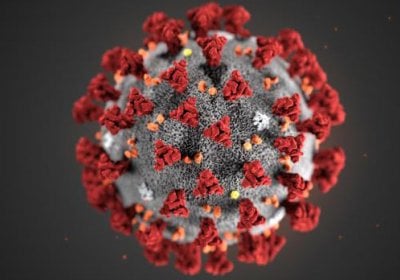The lecture will trace the background to and course of the Global Polio Eradication Initiative, with detailed consideration of events and policies of recent years, and of the critical circumstances now confronting the programme.
Professor Paul Fine trained originally in zoology, veterinary medicine, parasitology and epidemiology, and joined the staff of LSHTM in 1976. His major methodological interests have been in infection dynamics, family studies, genetics, and the evaluation of vaccines (efficacy, adverse reactions and impact), applied to a variety of infections. Much of his earlier work concentrated upon vertical (from parent to progeny) transmission of infections and upon measles and pertussis in the UK. He directed a large epidemiological research programme (the "Karonga Prevention Study") in Malawi from 1978-2006, concentrating at first upon leprosy, then tuberculosis, and ultimately HIV, and including demographic surveillance, vaccine evaluation, and studies of other infections in a rural population in northern Malawi. Since 1997 he has worked on a wide variety of vaccine issues, including the evaluation of non-specific effects of vaccines, methods for field evaluation of veterinary vaccines, the implications of the transmissibility of oral polio vaccine viruses for the polio eradication initiative, and methods for optimising vaccination schedules.
Admission

